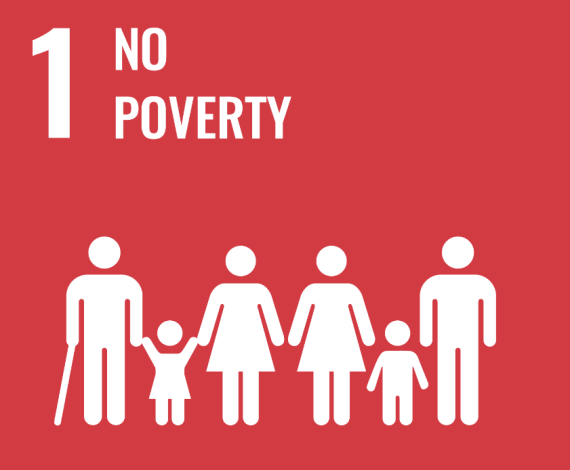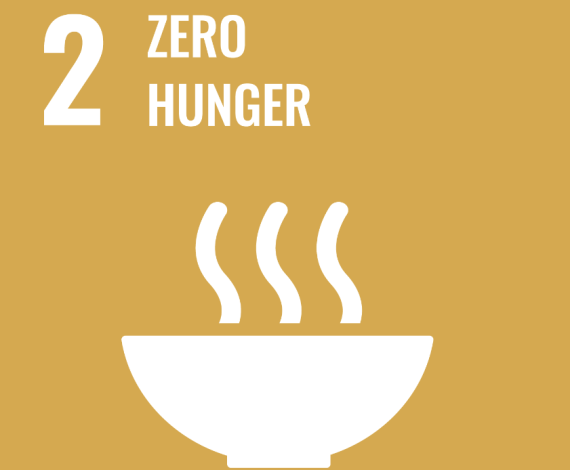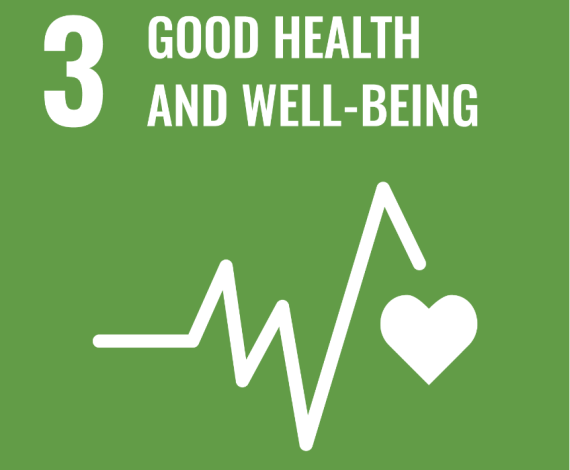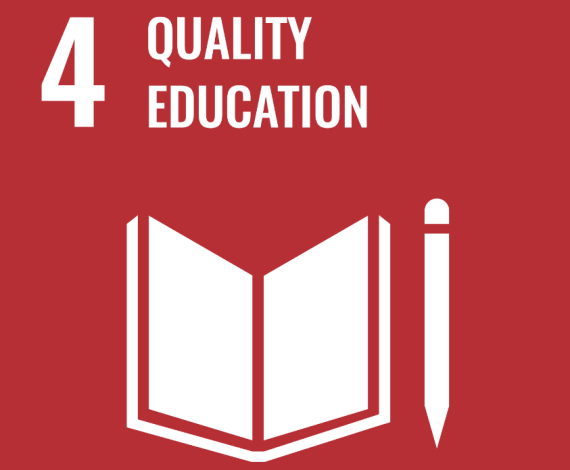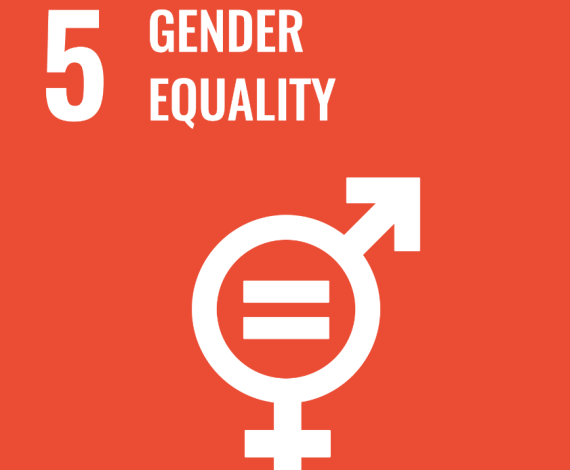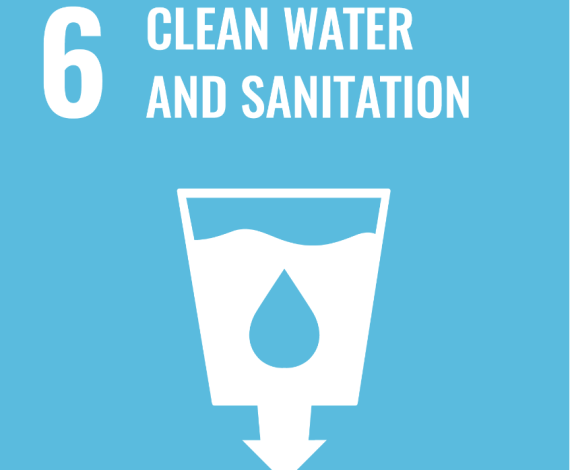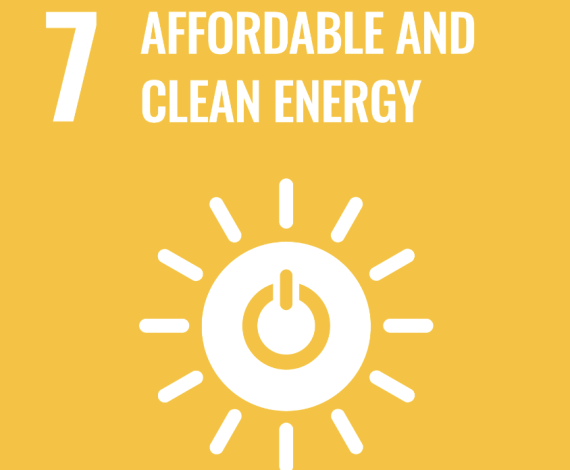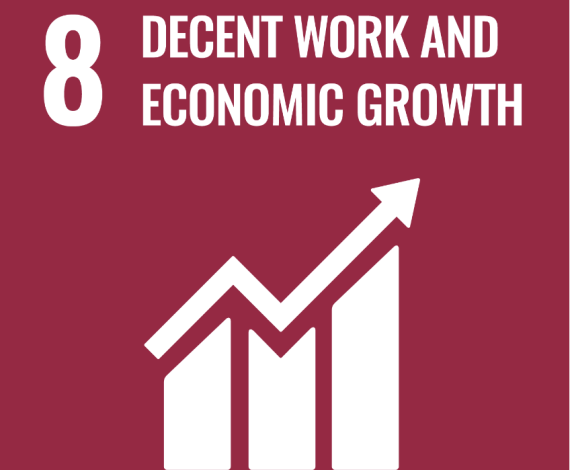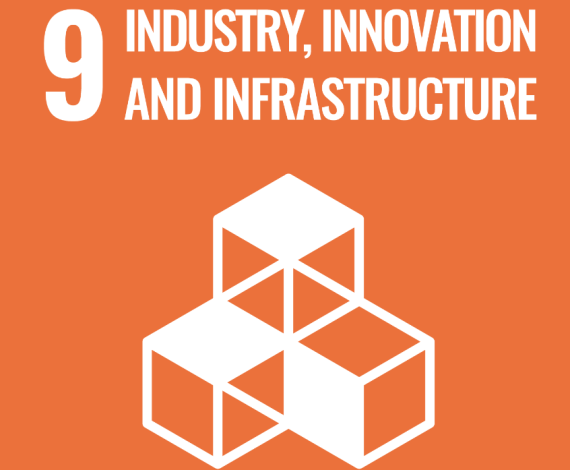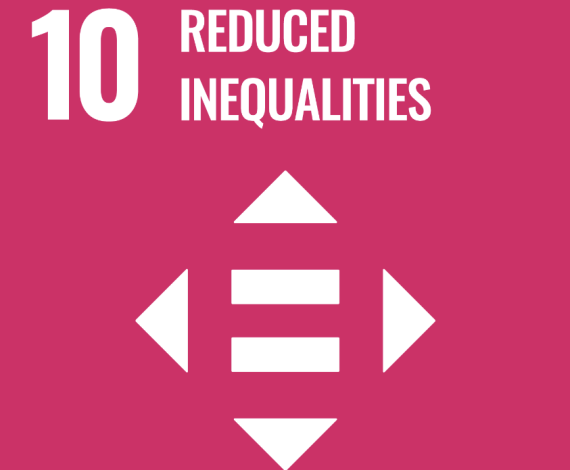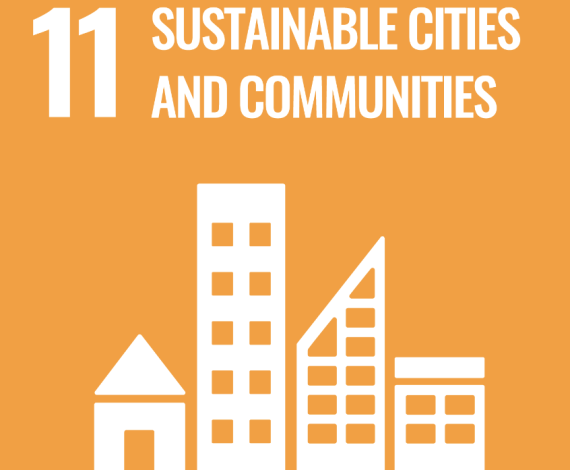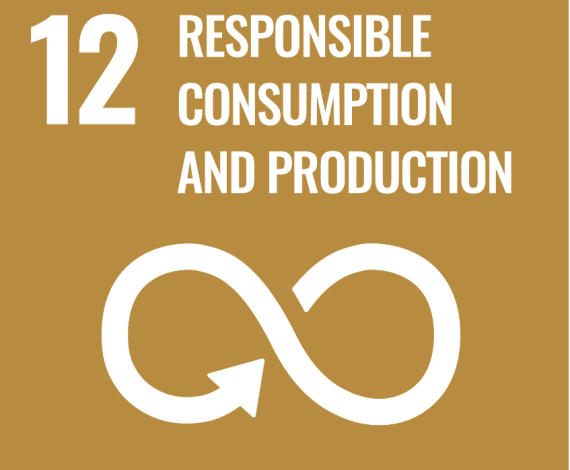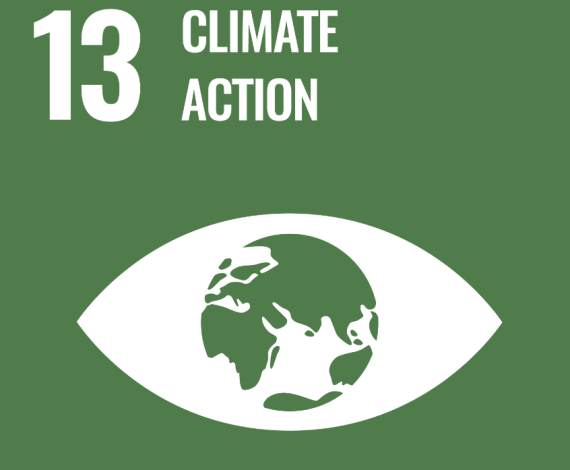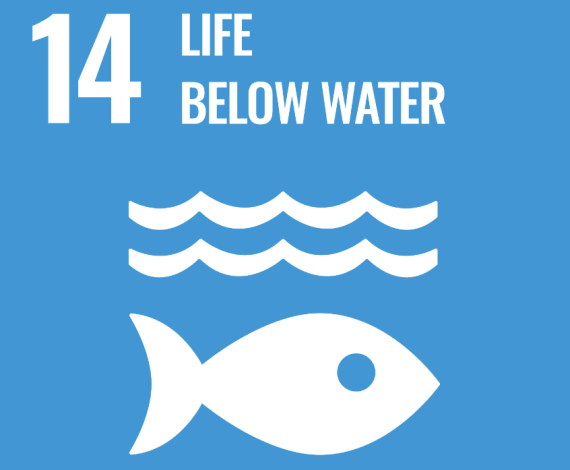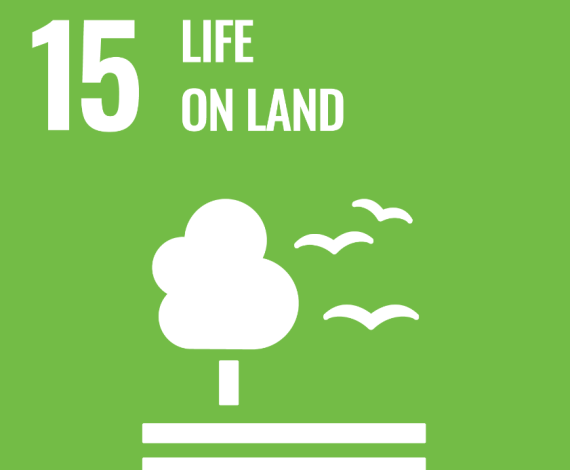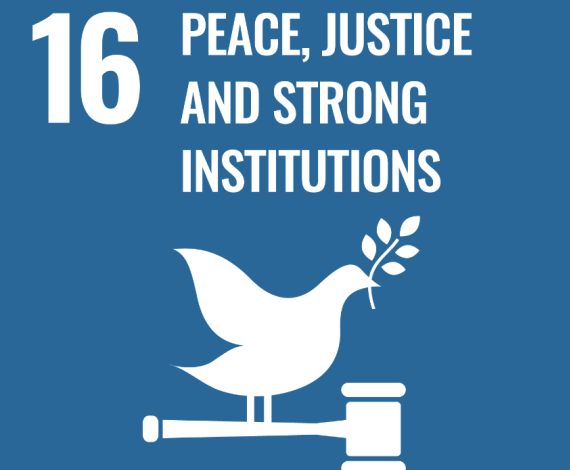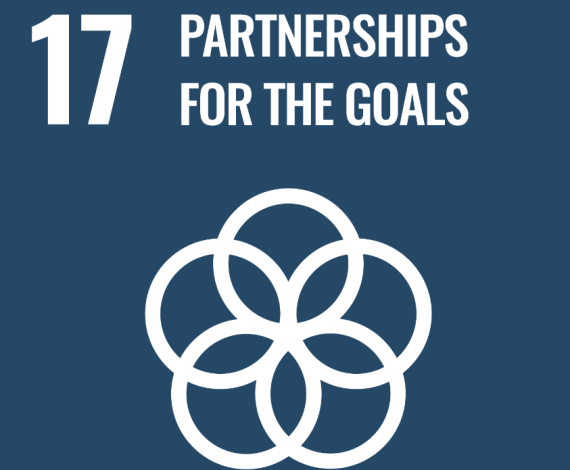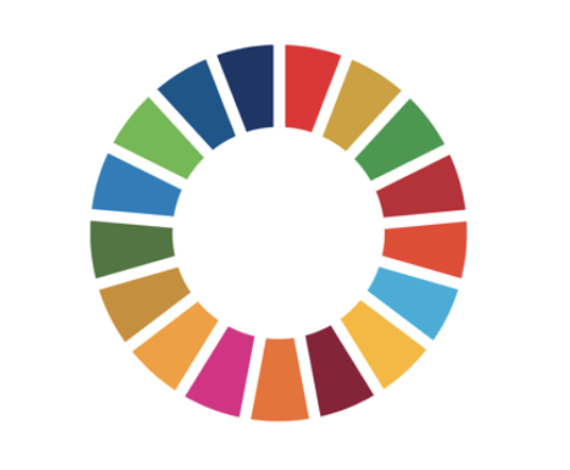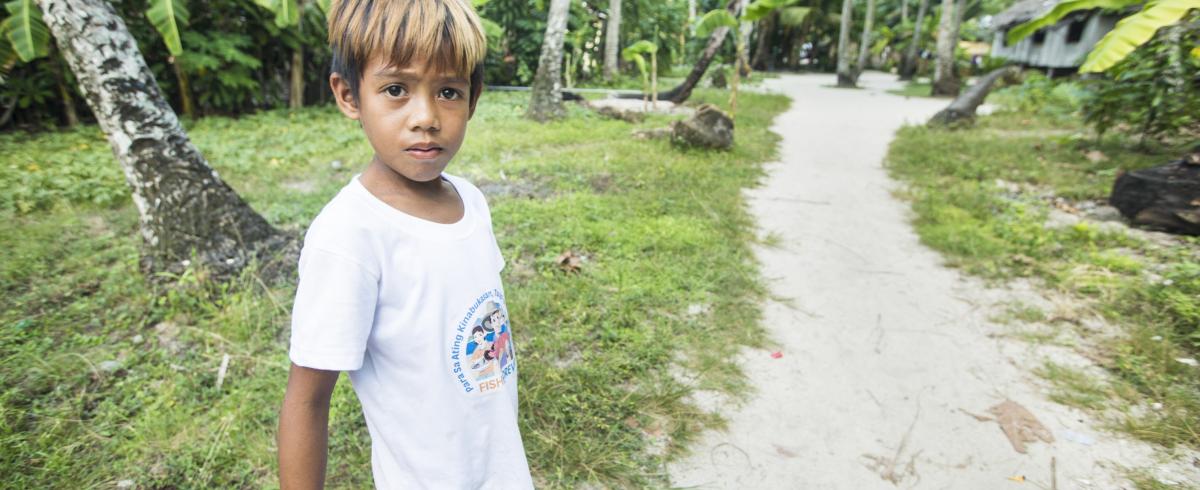
The Sustainable Development Goals (SDGs) are a universal call to action to build a more sustainable future for all. The 17 goals address the most critical global challenges, including ending poverty, reducing inequality, protecting the planet, and ensuring health and well-being. The goals were adopted by all United Nations Member States in 2015 as part of the 2030 Agenda for Sustainable Development.
Small-scale fisheries are critical to the economic and social wellbeing of communities around the world, helping to alleviate poverty, establish food security, support good health and nutrition, and provide economic security to millions of people. Recognizing the role of small-scale fisheries in supporting thriving communities and in achieving the SDGs is an important and often overlooked pathway towards a more sustainable future for all.
While fisheries are often cited as contributing to Goal 14: Life Below Water, it is important to highlight the intersection between SSFs and the full breadth of SDGs that they support. For example:
- Goal 1. No Poverty: Small-scale fisheries play a crucial part in poverty alleviation, providing valuable income for millions of people. Sustainable management can increase the contributions small-scale fisheries make toward alleviating poverty, supporting higher value catches, increasing wealth accumulation, and creating thriving enterprises along the value chain.
- Goal 2. Zero Hunger: As a local, accessible, and affordable source of protein and nutrition for people, small-scale fisheries have a central role to play in creating food secure communities, particularly given 95% of small-scale fishery catch is destined for human consumption, compared to as little as 45% of the catch from industrial fleets (World Bank et al., 2012).
- Goal 3. Good Health & Well-Being: Essential micronutrients found in fish, such as Vitamin A, D, and B, and calcium, phosphorus, zinc, iron and iodine, are critical to ending malnutrition. They have been found to lower the risk of cardiovascular disease, support positive maternal health and pregnancy outcomes, improve early childhood development, improve immune system function; and alleviate health issues associated with micronutrient deficiencies such as anemia, rickets, childhood blindness, and stunting. Given the high rates of undernourishment in regions where small-scale fisheries are prevalent, these benefits are especially important to communities.
- Goal 5. Gender Equality: Women make up approximately half of the total small-scale fishery workforce and an even greater percentage in freshwater small-scale fisheries. When management of small-scale fisheries is attentive to the role of women, there are better outcomes for both gender equality and for the fishery. Sustainable small-scale fisheries can safeguard women’s livelihoods and build inclusive governance systems will help empower women to take on new roles and leadership.
- Goal 8. Decent Work & Economic Growth: Establishing thriving small-scale fisheries can lead to higher incomes for marginalized and vulnerable people, create new small- and medium-sized enterprises along the value chain, and bring an end to damaging labor practices, like forced labor.

